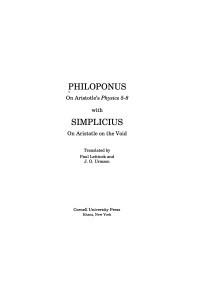
On Aristotle's Physics 5-8 / On Aristotle on the Void
Описание книги
This volume makes available for the first time in English key commentaries on Aristotle's Physics by Philoponus and Simplicius, rival Neoplatonists of the sixth century A.D. Paul Lettinck has restored a lost commentary by Philoponus - which has survived in the Greek only in fragments - by translating it from annotations to an Arabic translation of Physics. The annotations presented here paraphrase Philoponus' commentary on Physics, Books 5-7, and include as well two excerpts from the ...
This volume makes available for the first time in English key commentaries on Aristotle's Physics by Philoponus and Simplicius, rival Neoplatonists of the sixth century A.D.
Paul Lettinck has restored a lost commentary by Philoponus - which has survived in the Greek only in fragments - by translating it from annotations to an Arabic translation of Physics. The annotations presented here paraphrase Philoponus' commentary on Physics, Books 5-7, and include as well two excerpts from the annotations on Book 8. Among the most interesting features of the text are Philoponus' arguments against infinite time, his comments on the divisibility of changing bodies and of motion, and his treatment of Zeno's paradox of the stadium.
Translated from the Greek by J.O. Urmson, Simplicius' commentary focuses on Aristotle's views on the existence of the void as they emerge in chapters 6-9 of Physics, Book 4. Simplicius addresses some objections to Aristotle by later philosophers, particularly by Philoponus and by the Epicureans and the Stoics. There are three crucial points in Simplicius' argument: his reply to Stoics who had attacked Aristotle's reservations about extracosmic void, his response to Aristotle in defense of the idea of motion through void, and his belief that Aristotle does not sufficiently recognize that the ground for the natural motion of bodies, whether in a void or not, is internal. Peter Lautner has provided an introduction and notes to the translation. Книга «On Aristotle's Physics 5-8 / On Aristotle on the Void» автора Simplicius Philoponus оценена посетителями КнигоГид, и её читательский рейтинг составил 0.00 из 10.
Для бесплатного просмотра предоставляются: аннотация, публикация, отзывы, а также файлы для скачивания.
- Просмотров: 67
- Рецензий: 0
- Переводчики: не указаны
- Серия: Ancient commentators on Aristotle
- ISBN (EAN): 801430054
- Языки: не указаны
- Возрастное ограничение: не указано
- Год написания: 1994

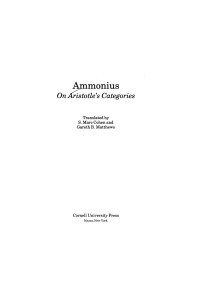
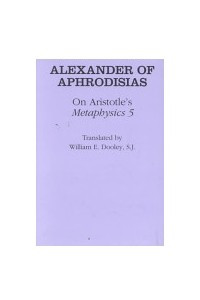
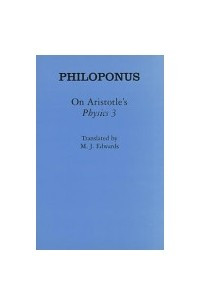
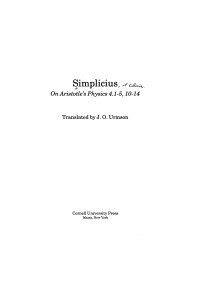
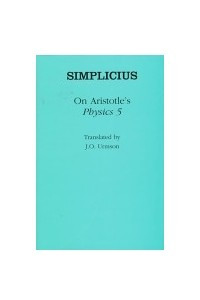
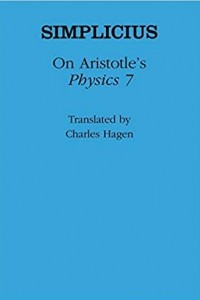




Рецензии на книгу
Написано 0 рецензий